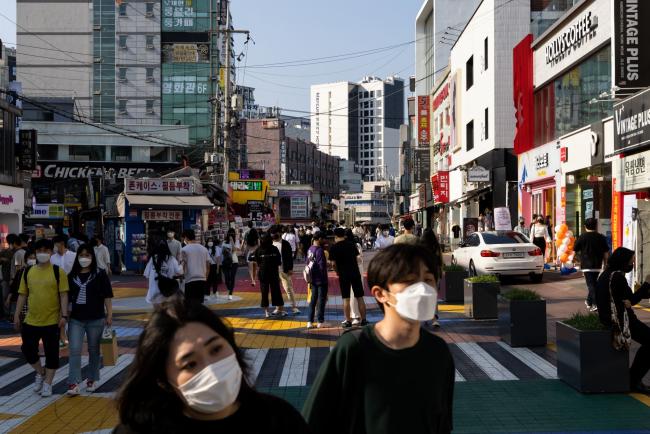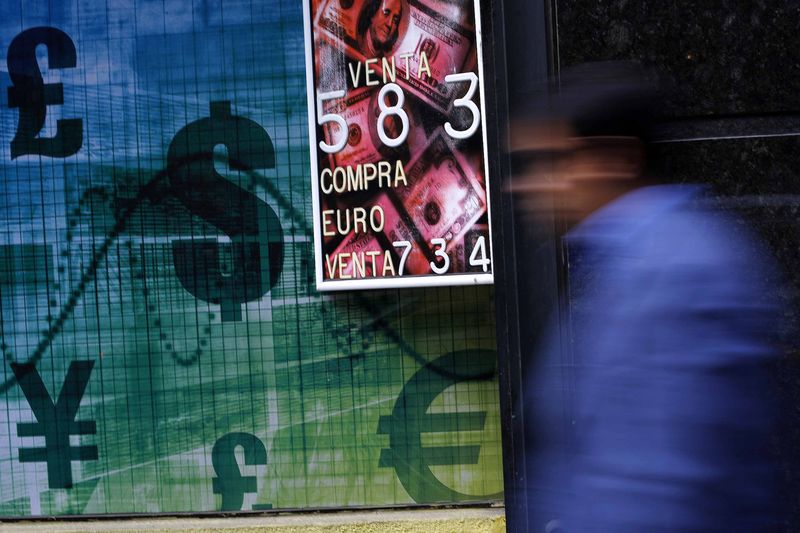(Bloomberg) -- South Korea’s inflation rose to its highest since 2012 in May as the economy’s rebound gathered pace and as last year’s drop in prices offered support.
Inflation from a year earlier reached 2.6% from April’s 2.3%, data from the statistics office showed Wednesday. Economists had also expected consumer prices to rise 2.6%.
Inflation is rising globally as surging commodity costs feed into higher consumer prices and trigger debates about when central banks might start to raise interest rates again. For the Bank of Korea, faster price gains also reflect a broadening economic recovery that adds pressure on the bank to normalize monetary policy.
The reading marks the second straight month the headline inflation exceeded the central bank’s 2% target. The rise was partly buoyed by the negative reading in May 2020.
Key Insights
- The Bank of Korea last week raised its forecast for this year’s inflation to 1.8% from 1.3%, but kept its outlook for next year unchanged at 1.4%. Governor Lee Ju-yeol flagged the need for an “orderly” exit from record-low interest rates to mitigate financial risks.
- In sign of consumer demand gaining momentum, Korea’s consumer confidence reached the highest in almost three years last month while gauges on retail sales and service production reached record levels in April.
- Inflation is picking up across the global economy, buoyed by commodity and energy prices that are rebounding from last year’s pandemic-driven slumps. Most central bankers have sought to play down the risks of runaway inflation, saying the price increases will be transitory.
Get More
- Compared with the previous month, consumer prices rose 0.1% in May.
- South Korea’s core inflation came in at 1.5%, versus the prior year.
- Transportation costs were among the biggest drivers of gains, rising 9.2% from a year earlier. Prices for foods and non-alcoholic beverages jumped 7.4%. Restaurants and hotels saw prices rising 2%. Communications costs fell 2.1%.
(Adds details)
©2021 Bloomberg L.P.

